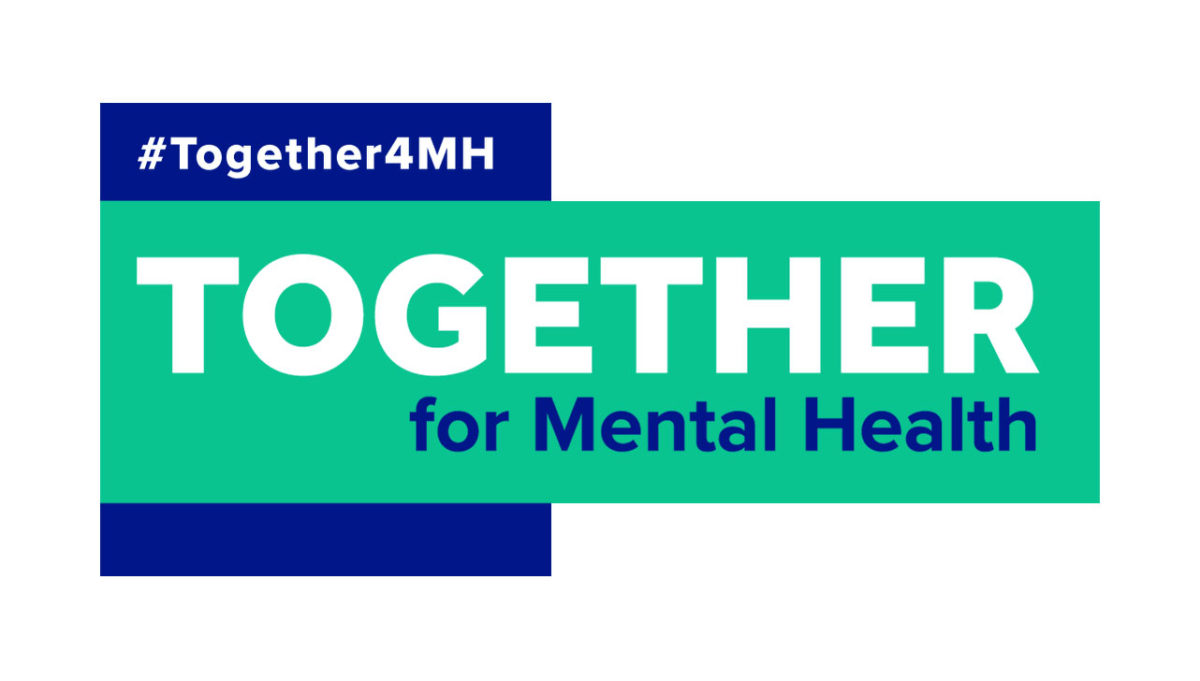May is Mental Health Awareness Month, a time to raise attention about the prevalence of the stigma and shame around mental illness in many cultures. There continues to be a huge inequity between the acknowledgement and treatment of mental illness versus physical illness. While it is acceptable to share a diagnosis of diabetes, high cholesterol, arthritis, or COPD, it is still “taboo” to discuss mental illness of any type.
In the research abstract, Understanding and Influencing the Stigma of Mental Illness, authors Corrigan and Wassel, shared their findings as follows:
“Life goals and the opportunities that define them are impaired by the stigma of mental illness. Three kinds of stigma may act as barriers to personal aspirations: public stigma, self-stigma, and label avoidance. Challenging mental illness stigma is essential in helping individuals accomplish recovery-related goals. Public stigma may be changed through protest, education, and contact. Self-stigma can be addressed by fostering group identity, changing the perceived legitimacy of stigma through cognitive rehabilitation, and making strategic decisions about disclosing one’s mental health history. Stigma change for label avoidance is not as well understood but may include the education and contact approaches used for public stigma. Evidence-based approaches to stigma change need to be substantiated by rigorous investigations.”
Published Online: January 01, 2008, https://doi.org/10.3928/02793695-20080101-04.
Journal of Psychosocial Nursing and Mental Health Services.
Each of us has opportunities to highlight the need for mental health parity.
- Speak out in support of equitable treatment for mental illness and take action to stop derogatory or dismissive messages about mental illness.
- Support and encourage those struggling with self-stigma and shame who may hide their diagnoses and avoid asking for help. Let them know that mental illness is just that, an illness that can be treated.
- Acknowledge the sharp increase of depression and anxiety among students since the start off the pandemic and help them find resources to deal with their feelings, which are real.
In my work as an ADHD/EF coach, I have seen adults fearful of losing their jobs or being shunned by loved ones turn to self-medicating instead of seeking treatment. It does not always end well, leading to job loss, divorce, substance abuse and even death. Be an advocate and an ally to family members, friends, colleagues and employees. Create a safe space for sharing whenever possible.
I have coached parents who are label-avoidant, fearing that their children will be treated unfairly if they have a diagnosis of mental illness, ADHD or learning disabilities. They prefer to hide the truth, sometimes from their child, calling medication “special vitamins.” This gives the message to the child that they are defective and should be ashamed of their diagnosis. These scenarios can be avoided with increased awareness about mental illness and disabilities and an increase in affordable mental health care. We can help to improve the chance for children to grow up happy, confident and healthy in body and mind.
Mental Health Resources
Below are a few resources that I hope you will find of value. If you need coaching support to help you navigate difficult conversations about mental illness, please reach out.
- National Alliance on Mental Illness
- Mental Health During the Pandemic provides insight into the disturbing uptick of mental health issues since 2020.
- Living with a Mental Disorder, explains how it feels to live with mental illness from the perspective of young adults.
- The Effects of COVID-19 on College Students’ Mental Health in the United States
- Children’s Mental Health is in Crisis – from the American Psychological Association.
- Mindfulness for Kids – excellent guide for parents and teachers.
- Mindfulness for Teens – no-cost guided meditations are available.

